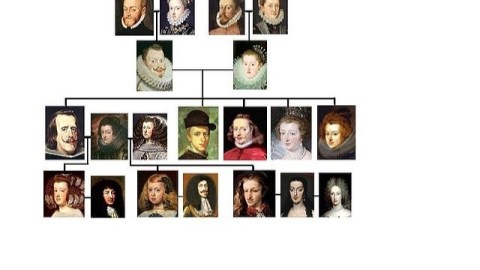Study: To Improve Your Score, Try a Little Pre-Test Ancestor Worship

I admit I was creeped out by this new paper, from the European Journal of Social Psychology, which reports that people primed to think about their ancestors performed better on intelligence tests than did people who didn’t. I’m just a little squicked that a study performed in Austria commends pride in one’s “genetic origins” as performance-enhancer, given how in the past they’ve had some trouble with that sort of thing. More importantly, the experimental procedure (as reported here) seems to have tested only one hypothesis: The 80 undergraduates in the study either contemplated ancestors or they thought about shopping. So the experimenters haven’t shown that ancestral identity has more effect than another kind, like “student at this prestigious university” or “member of the chess team.”
As I’ve written here, other researchers have boosted test performance by reminding people of their status as elite-university students. Others have found that simply getting students to think about their values was enough to erase typical gender and racial gaps in test scores.
There’s plenty of work suggesting that people’s achievement scores can be improved by getting them to think about one of their many identities in a positive way. Why privilege ancestry?
The “ancestor effect” paper:
Fischer, P., Sauer, A., Vogrincic, C., & Weisweiler, S. (2010). The ancestor effect: Thinking about our genetic origin enhances intellectual performance European Journal of Social Psychology DOI: 10.1002/ejsp.778
Other interventions that have boosted test scores are
Reminding volunteers of their identity as elite university students:
McGlone, M., & Aronson, J. (2006). Stereotype threat, identity salience, and spatial reasoning Journal of Applied Developmental Psychology, 27 (5), 486-493 DOI: 10.1016/j.appdev.2006.06.003
Getting subjects to focus on values before the test:
Cohen, G. (2006). Reducing the Racial Achievement Gap: A Social-Psychological Intervention Science, 313 (5791), 1307-1310 DOI: 10.1126/science.1128317
Miyake, A., Kost-Smith, L., Finkelstein, N., Pollock, S., Cohen, G., & Ito, T. (2010). Reducing the Gender Achievement Gap in College Science: A Classroom Study of Values Affirmation Science, 330 (6008), 1234-1237 DOI: 10.1126/science.1195996





